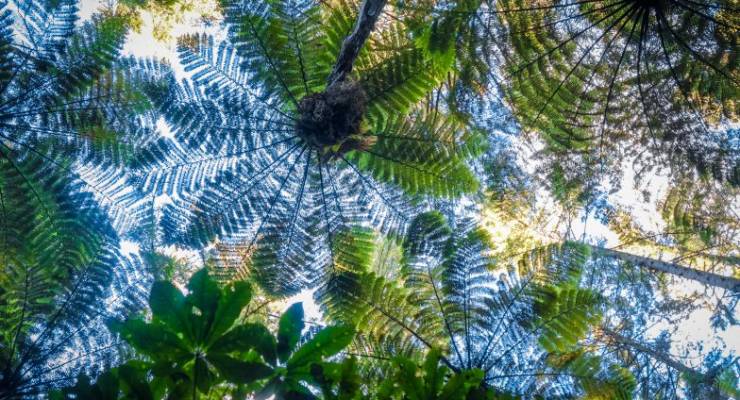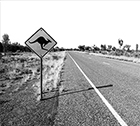
For my money one of the most dangerous jobs you could do right now would be … wait for it …
… be a park ranger.
Yesterday, according to the good folks over at the International Ranger Foundation (IRF), was World Ranger Day. The IRF reckons that World Ranger Day is celebrated at functions worldwide:
… on July 31st to commemorate rangers killed or injured in the line of duty and to celebrate the work rangers do to protect the planet’s natural treasures and cultural heritage.
According to the World Ranger Day In Memoriam list, 128 reported and confirmed deaths occurred in the last 12 months around the world – the list is incomplete and the true figures are unknown – and it includes the following causes of death:
- Elephant attack – 13
- Rhino attack – 3
- Traffic accidents – 13
- Unknown – 9
- Plane crashes – 4
- Buffalo attack – 2
- Snake – 1
- Bull attack – 1
Most of those are not unexpected when people are working in remote areas doing inherently dangerous work. Unfortunate, but regrettably understandable.
What is surprising, and indicative of the terrible threats that too many rangers have to face when they go off to work each day, is this next set of deaths caused by their fellow humans:
- Killed by poachers – 13
- Killed by insurgents – 17
- Killed by jihadists – 8
- Killed by illegal Loggers – 6
- Killed by military – 2
The figures for 2017-2018 are bad enough but when you look go back and look at the period 2009 to 2018 then you can really get a sense of the difficulties facing rangers in the field — particularly in Asia, where 410 ranger’s lives were lost and in Africa, with 327 deaths.
In total of 871 deaths of rangers were recorded during this period, and as noted, those numbers surely don’t reflect the real death toll and don’t take account of the injured and traumatised.
The IRF defines a ranger as, the person involved in the practical protection and preservation of all aspects of wild areas, historical and cultural sites. Rangers provide recreational opportunities and interpretation of sites while providing links between local communities, protected areas and area administration.
The IRF was founded on July 31, 1992, in Peak National Park in the UK and has now expanded to include membership by 65 Ranger associations from national, state and territorial entities that have affiliated with the IRF, as well as several rangers from around the world, who have provisional membership status whilst they attempt to establish ranger associations in their countries.
The IRF is guided by an agreement that has goals of providing a global forum for rangers from around the world to share their successes and failures in protecting the world’s natural heritage and to promote the exchange of information and technology from countries in which protected area management enjoys broad public and government support, to countries in which it is less supported.
The IRF asks that on World Ranger Day we:
… pause for a moment to reflect on the courage and sacrifice that Rangers make: by honouring fallen rangers and standing with rangers who bravely undertake their role on the frontline. World Ranger Day is an International Ranger Federation initiative promoted together with its official charity arm, The Thin Green Foundation.
This is an edited version of a piece originally published at Crikey blog The Northern Myth








A timely reminder and remembrance of rangers who have died doing their job. In NSW, Glen Turner, an officer with environment protection was murdered by a farmer in 2014. Aaron Harber, a NPWS ranger died in 2009 in a helicopter crash whle on fire duty. Rangers are an endangered species in this country, not in the extreme way as overseas but their very work is under attack by federal an state governments with zero commitment to protection of the environment. These men and women are national treasures.
+1
Such a valuable occupation, and like other caring professions, so underrated.